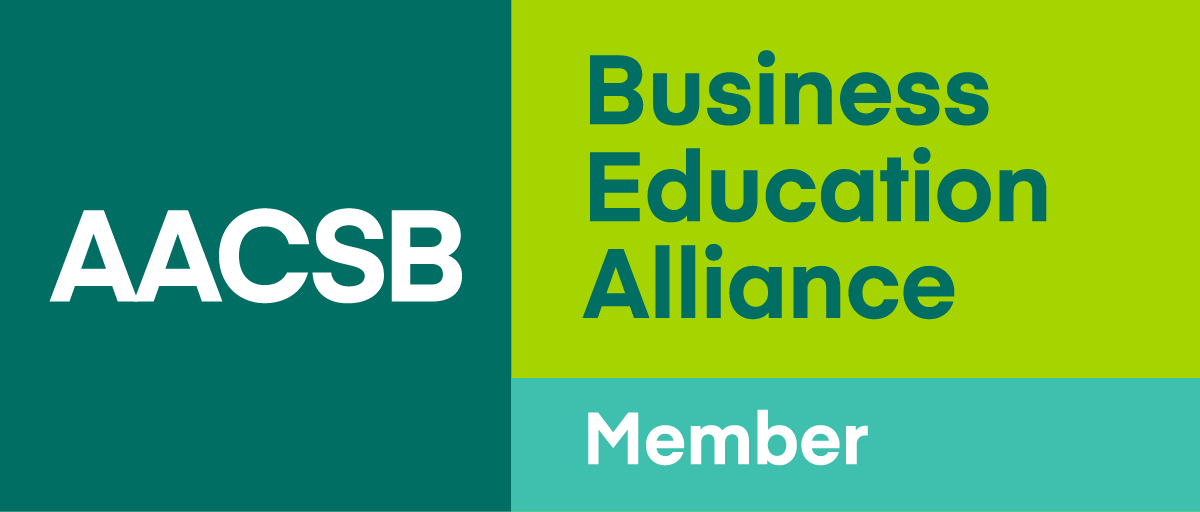Department of Finance Regular Master's Program

Special Features of the Program
Since the founding of the department, we have spared no effort in providing career guidance to students, leading to our excellent reputation. The department often holds career seminars, inviting outstanding alumni to return to campus to share their insights with graduating students, so that they can understand the current market dynamics in advance and not be anxious about the job market. The department has always maintained a good reputation in finance-related industries. We provide the most appropriate career counseling for the graduating financial management students. In addition to our industry-academia cooperation, every year when the job-hunting season arrives, many companies, including Taishin, E. Sun, Fubon, Shin Kong Group, and the five major accounting firms, all actively seek out graduating talents from our department.
Graduation Requirements
Total Program Credits: 38 credits
The department’s master’s program requires a minimum of 38 credits. Within these 38 credits, students may take up to 6 credits from outside the department, while students in the “integrated program” may take up to 9 credits from outside the department. Beyond the required 38 credits, there is no limit to the number of credits that can be taken outside the department. After reaching 38 credits (including the current semester, and both required and required elective courses) and completing foreign language proficiency requirements, students can apply for their thesis oral examination. Students may apply for exemptions before taking the required courses Methodology for Finance (I); Investment Theories and Strategies; Financial Management Theories and Strategies; and Financial Markets Theory and Practice as well as the required elective course Financial Management Theories. If their application is accepted, they will not be required to take the class; if it is not, they will need to take the class. Students with failing grades in a required course will need to retake the class with a passing grade.
Words from Our Alumni

Che-Pin Hao, Master Class of 2004
The importance of networking is also an easily overlooked part of your studies. Many students are too busy buried in their coursework to worry about networking, but after they enter the workforce, they realize that if they had made connections earlier, it would have helped them get more done with less effort. No matter what industry you are in, building and managing interpersonal relationships is sometimes more important than your specialization. I would encourage students to make the best use of their time in school to enrich their student life and learn in many different ways, which will definitely have many positive effects on their futures.

Chien-Wen Tang, Master Class of 2016
In addition, thanks to the department office forming an alumni network, I have made friends with alumni from more than ten graduating classes in the department. This promotes exchanges between various degrees, but alumni are also eager to share their workplace experience and financial views with current students. I believe if students of the department are in need, those who have graduated before them won’t hesitate to help them.
Related Links




